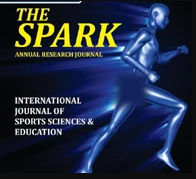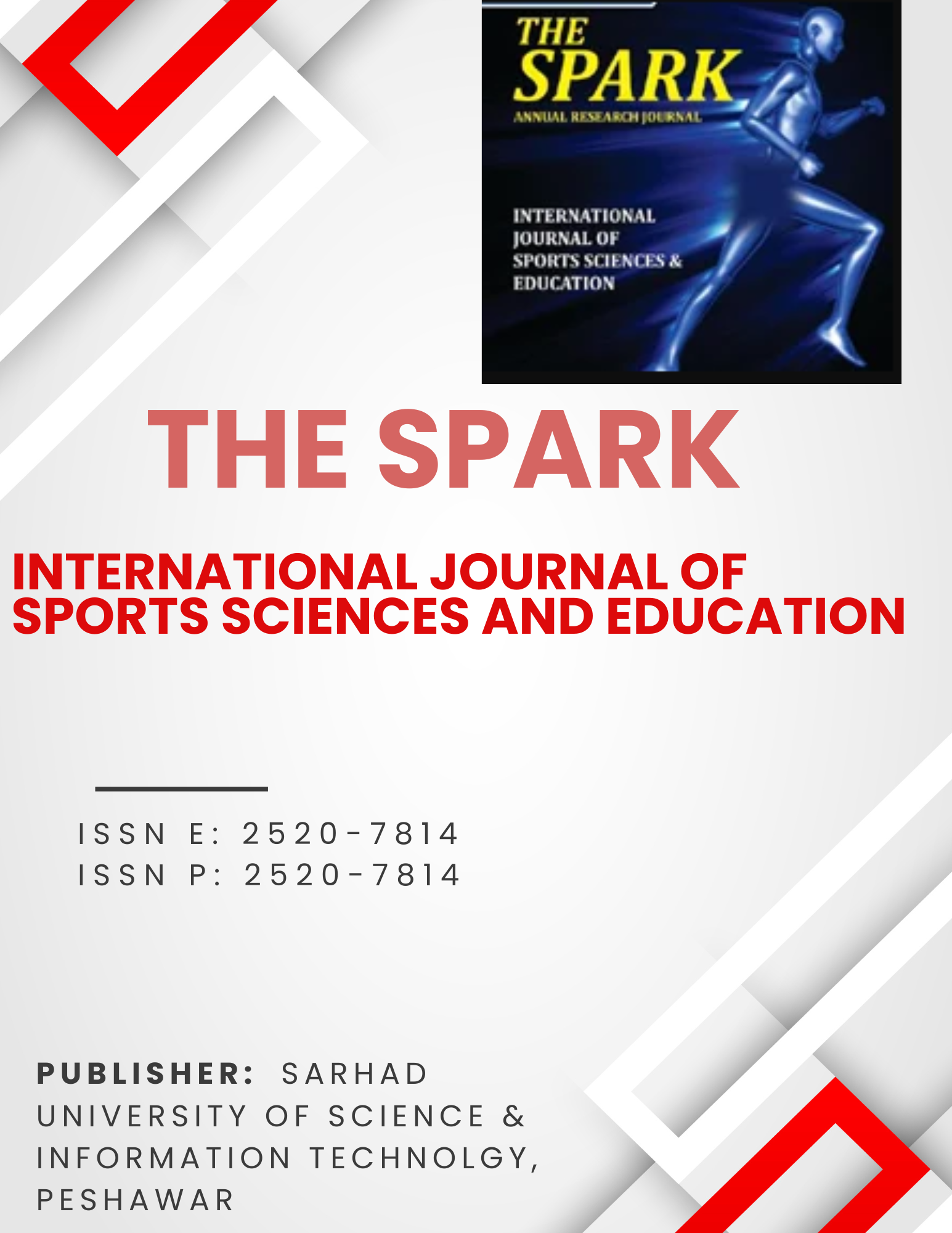RACIALIZED OTHER IN AFGHAN FICTION: IMPETUS FOR RACIAL DEHUMANIZATION IN KHALED HOSSEINI’S THE KITE RUNNER
Abstract
This research study aims to explore the sociocultural analysis of
dehumanization in Khaled Hosseini’s The Kite Runner. The findings of this
study show that Hazaras are dehumanized by Pashtuns for a few reasons
among which the most important reason is their historical background. The
study highlights that other reasons for the dehumanization of Hazaras by
Pashtuns are their low economic and less powerful status, the difference in
religious beliefs, physical appearance, immigrant status, and illiterateness.
This study explores that these incidents made Hazaras subordinated
politically, socially, economically as well as religiously. Based on
Sociocultural theory, this article uses a methodological approach based on
close textual reading to analyze the narrative structure of the novel. Using
close textual reading analysis, this article investigates how Hazaras are
othered in society. As a result of these incidents, Hazaras are completely
othered in society which is depicted by Khalid Hosseini in the novel through
the prejudice and negative behaviors of Pashtun characters towards Hazaras.
The Repercussion of dehumanization can be examined in The Kite Runner
written by Khaled Hosseini (2003). The after-effects of the dehumanization of
Hazaras by Pashtuns resulted in racial discrimination, dehumanization,
sexual abuse, religious conflict, socio-political conflict, and economic conflict.
The repercussion of dehumanization can be observed in the novel through
different characters such as Ali, Hassan, Baba, Sanaubar, and Sohrab.
Through these different characters, the Hazaras are presented as enslaved by
Pashtuns, objectified, sexually abused, and dehumanized for no good reason
but racial differences.
Downloads
Published
How to Cite
Issue
Section
License
Submission of an original manuscript to the Journal will be taken to mean that it represents original work not previously published, that it is not being considered elsewhere for publication. And if accepted for publication, it will be published in print and online and it will not be published elsewhere.
The journal main policy reflects in its stance that the publication of scholarly research is exclusively meant to disseminate knowledge and not-for-purposes.








 Name of Journal:
Name of Journal: 